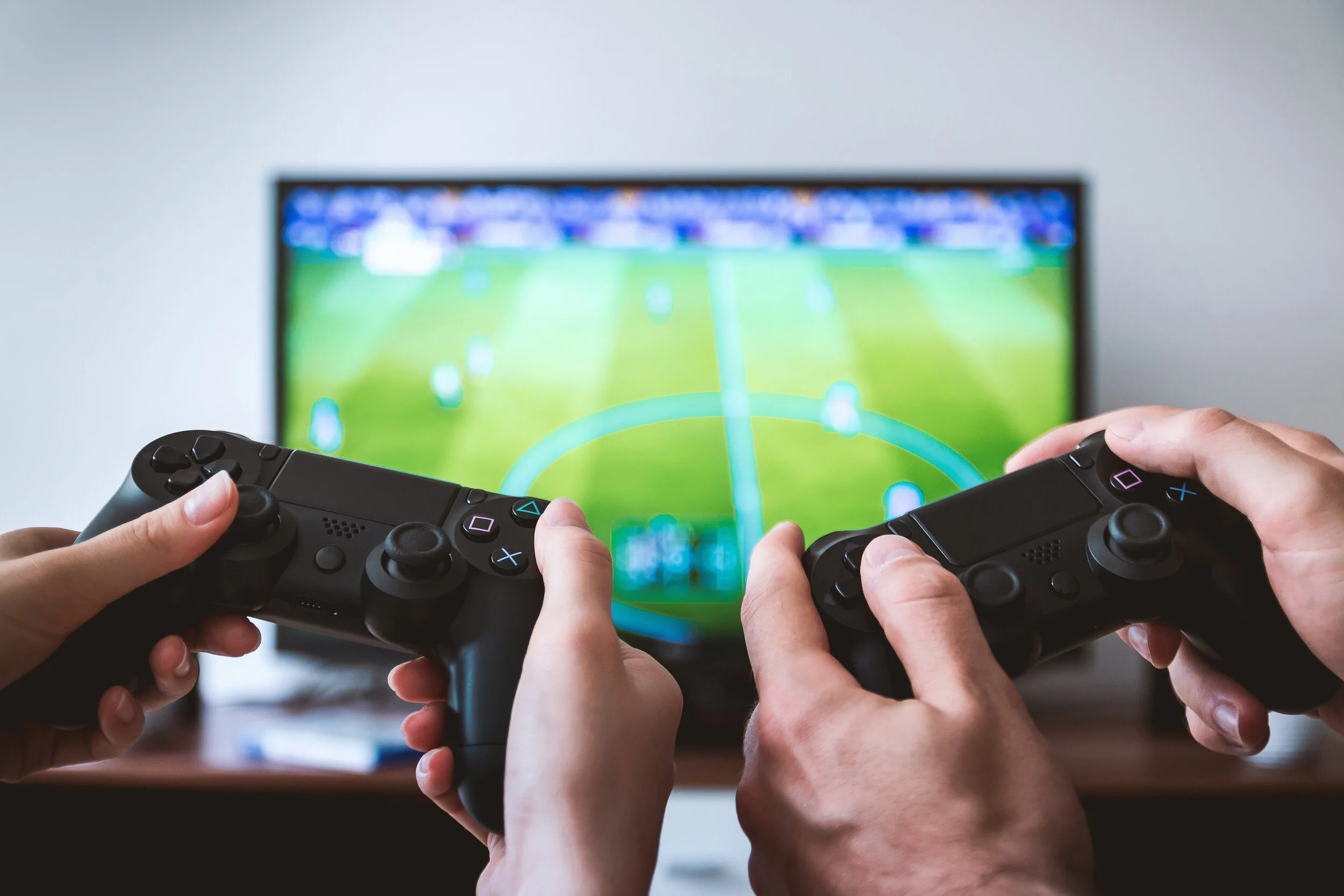Human Augmentation - from avoiding drunk-dialling to saving your life?
Everyone can relate to stories of people making poor decisions when in a compromised state. In fact, the notion of "drunk-dialling" or messaging an ex is so common and longstanding that they feature in countless TV shows, movies and even songs. The only difference we see today vs 30 years ago is how technology has improved and added to the communications tools we all have to make these mistakes.
Fortunately, while on one hand technology has been an enabler for this behaviour, it has also been used to create an array of solutions. Back in 2008 Google launched the Gmail add-on "Mail Goggles", a service that would prevent your email from being dispatched until you answered 5 maths problems; if you knew you were susceptible to late night emails you'd rather not have sent you had the ability to set the days of the week [and times of day] along with the difficulty of the maths equations to make it harder for you to fire off a message that would come back to bite you.
That's one thing, but unfortunately email isn't the only form of getting in touch with those we probably shouldn't be; no problem, with the advent of smart phones and app development, there were quickly a number of "drunk mode" apps popping up, allowing you turn off access to specific contacts, or even specific apps for a set period of time.
The problem with these and other technologies that help keep us on the "straight and narrow" is that they are treating the "symptoms, not the cause"; so what can we do to look at fixing the cause? What if there is a mental block for this behaviour, something we want to "turn off" but are unable to do in certain situations?
Well there have been plenty of personal "therapy" options available; from self-help tapes to psychiatrist or even hypnotist sessions that aim to remove or alter a particular behaviour. Essentially, this is elective brainwashing for a very specific purpose and one that is accepted and seen as "the norm" in many societies, rather than being associated with more "extreme" examples such as those in scenes from A Clockwork Orange and the like.
So what about the technological equivalent? Well in the last few years the sci-fi to reality move for mind control has come on leaps and bounds, with a lot of attention on the Neuralink project headed up by Elon Musk to provide enhanced brain capability as well as early identification of brain disease in the "wearers". But as well as being able to recite anything from the internet and/or instantly access and understand new languages, this kind of technology could be put to use as a "therapeutic" device.
It might sound strange or even dangerous to entrust our behaviours to "a machine" but if the result is the same, what's the difference between being hypnotised to get over a fear of flying vs programming your "brain chip" to do the same? The benefit of utilising such a device broadens when you consider you would be able to program it with multiple specifics; Stop smoking, moderate alcohol intake and eat healthier.
Add to that the potential for avoiding accidents; if your brain controls muscles and how you move, could your "co-pilot" kick in when you are on the verge of doing something harmful [much like the collision avoidance systems in automated cars], or push yourself to be the most precise version your body will allow?
Far-fetched it may seem, but with constant improvement and development of these systems there will be early adopters getting fitted for these devices in the next few years, so surely it's not too far off before we see them trickle into the consumer market.
Once the technology is perfected could we be looking at the combination of CRISPR super-athletes who are now able to make the perfect decisions in their given sport? A scary thought, but how much does that future differ from selecting the biggest and best athletes right now who train themselves to make the best decisions in their field?


